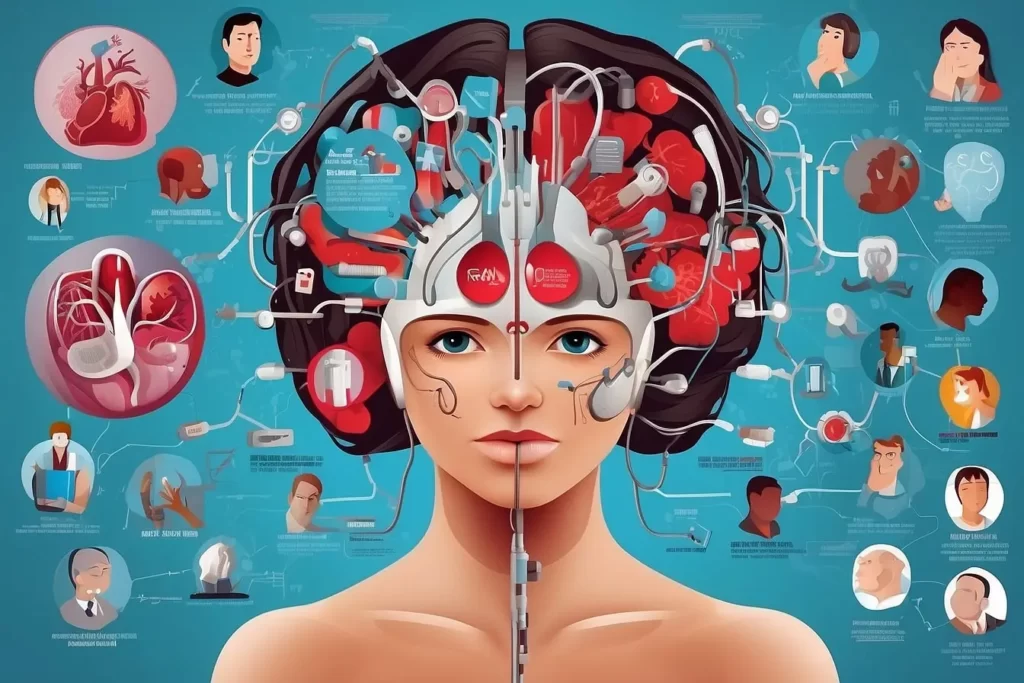
Introduction:
Gastric problems, encompassing a wide array of digestive disorders, can pose significant challenges to one’s well-being. Understanding the symptoms, adopting effective recovery strategies, and adhering to dietary guidelines are essential for managing and alleviating the discomfort associated with gastric issues. This comprehensive guide aims to shed light on the intricacies of gastric problems, offering insights into their symptoms, recovery processes, and dietary recommendations.
Gastric Problem Symptoms:
- Heartburn and Acid Reflux:
- Symptoms include a burning sensation in the chest or throat after eating.
- Regurgitation of sour liquid or undigested food may occur.
- Indigestion:
- Individuals may experience feelings of fullness, bloating, and excessive gas.
- Discomfort often manifests in the upper abdomen.
- Bloating:
- Abdominal distension is a common sign of gastric problems.
- Excessive gas production contributes to the feeling of fullness.
- Stomach Pain:
- Sharp or cramp-like pain in the abdomen, often aggravated after meals.
- Discomfort may vary in intensity and duration.
- Nausea and Vomiting:
- Persistent queasiness, occasional vomiting, and a general loss of appetite.
- Nausea can be triggered by specific foods or situations.
Gastric Problem Recovery:
- Medical Consultation:
- Seek professional medical advice for an accurate diagnosis.
- Follow prescribed medications and treatment plans diligently.
- Lifestyle Changes:
- Adopt stress management techniques, such as meditation and relaxation exercises.
- Establish a regular sleep schedule to promote overall well-being.
- Dietary Adjustments:
- Identify and eliminate trigger foods that exacerbate symptoms.
- Consume smaller, more frequent meals to ease digestion.
- Stay adequately hydrated with water and herbal teas.
- Physical Activity:
- Engage in moderate exercise to promote digestive health.
- Avoid vigorous activities immediately after meals.
- Probiotics:
- Consider incorporating probiotic-rich foods like yogurt into your diet.
- Probiotic supplements may be recommended under the guidance of a healthcare professional.
Dietary Guidelines for Gastric Problems:
- Low-Fat Foods:
- Opt for lean proteins and limit saturated fats to ease digestion.
- Choose cooking methods like grilling or baking over frying.
- Fiber-Rich Diet:
- Include ample fruits, vegetables, and whole grains in your meals.
- Fiber aids digestion and helps prevent constipation.
- Hydration:
- Drink plenty of water throughout the day to maintain optimal digestive function.
- Limit the intake of caffeine and alcohol, which can contribute to dehydration.
- Avoid Trigger Foods:
- Identify and eliminate foods that worsen symptoms, such as spicy foods, citrus, and fatty items.
- Keep a food diary to track reactions to different foods.
- Meal Timing:
- Space meals evenly throughout the day to avoid overloading the digestive system.
- Avoid late-night or heavy meals close to bedtime.
Conclusion:
Navigating the complexities of gastric problems requires a multifaceted approach that encompasses medical intervention, lifestyle adjustments, and dietary modifications. By understanding the symptoms, embracing recovery strategies, and following dietary guidelines, individuals can take proactive steps towards managing and mitigating the impact of gastric issues on their daily lives. Always consult with healthcare professionals for personalized advice tailored to individual health conditions and needs.








